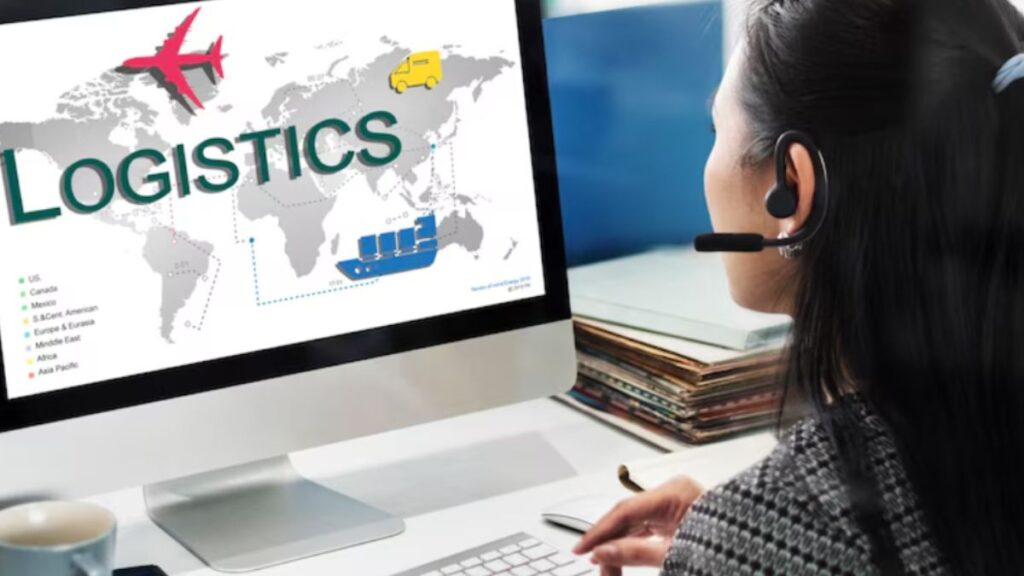Transporting high-value goods across borders or continents presents unique challenges. Whether it’s delicate electronics, luxury items, pharmaceuticals, or sensitive materials, businesses face significant risks during transit—from theft and tampering to damage and delays. In such scenarios, relying on traditional freight solutions can leave too much to chance. That’s where cargo charter services come into play, offering a more secure, controlled, and customized logistics experience for mission-critical shipments.
The Importance of Security in High-Value Logistics
High-value cargo represents a significant financial investment. Any delay, damage, or loss during transit can result in financial losses, regulatory issues, or compromised business relationships. Moreover, with the global increase in cargo theft and supply chain vulnerabilities, traditional shipping methods can expose companies to unnecessary risks. This reality has driven a growing number of businesses to seek dedicated and secure air transport solutions to protect their most valuable assets.
What Makes Cargo Charter Services More Secure?
Cargo charter services are customized, private flights exclusively reserved for freight—offering control, speed, and most importantly, elevated security measures. Here’s how these services enhance security throughout the logistics chain:
1. Direct and Non-Stop Routing
One of the most significant advantages of chartered cargo flights is the ability to fly directly from point A to point B without intermediate stops or cargo transfers. This reduces handling time and eliminates multiple handovers, which are often where security breaches or damages occur. A direct flight path means fewer people have access to the goods, reducing the likelihood of tampering or theft.
2. Enhanced Chain of Custody
With commercial cargo solutions, shipments may pass through multiple warehouses, airports, and third-party handlers. In contrast, cargo charters maintain a stricter and more transparent chain of custody. The cargo is monitored from loading to unloading, with limited and highly controlled access. This ensures accountability at every stage and greatly minimizes exposure to security threats.
3. Tailored Security Protocols
Unlike standard shipping methods that follow generalized protocols, charter cargo flights can be designed to follow client-specific security procedures. This may include:
- Onboard security personnel
- GPS tracking and real-time monitoring
- Sealed containers and tamper-evident packaging
- Coordination with private security teams during loading and unloading
These customizable options are particularly beneficial for clients transporting sensitive data, valuable artwork, medical supplies, or classified documents.
4. Access to Secure Airports and Facilities
Cargo charter flights often operate from private terminals or less congested airports, which typically offer higher levels of security than public cargo hubs. This controlled environment not only speeds up operations but also reduces the risk of unauthorized access. Additionally, many operators work with facilities that offer restricted access, on-site surveillance, and bonded warehouses for high-value goods.
5. Dedicated Handling Teams
Another critical advantage of cargo charters is the use of dedicated teams trained in handling high-value and sensitive cargo. These professionals understand the importance of precision and care, reducing the chance of accidental damage and ensuring that goods are handled per specific industry or client standards.
6. Reduced Exposure to External Risks
By chartering an entire aircraft for cargo, shippers avoid mixing their goods with others. This isolation eliminates the potential of cross-contamination, misrouting, or accidental damage due to improper stacking or handling by unrelated third-party freight. For valuable or fragile items, this one-shipper model drastically reduces external risk factors.
Cost vs. Risk: A Worthwhile Trade-Off
For some, the initial cost of chartering a cargo aircraft may seem prohibitive compared to standard freight options. However, when transporting multi-million-dollar cargo, the risk of loss or delay can far outweigh the premium of a dedicated air charter. Insurance premiums may also be lower due to the reduced risks, offering further financial advantages in the long run.
Furthermore, when time-sensitive deliveries are required—such as critical machine parts for halted production lines or urgent medical supplies—the speed and control offered by air charters can prevent costly downtime or penalties.
Optimizing Logistics: Strategic Advantages
Businesses that incorporate charter flights into their logistics strategy not only benefit from enhanced security but also gain competitive agility. They can deliver goods faster, respond more effectively to customer demands, and maintain a reputation for reliability in high-stakes markets. Some even integrate charter solutions with other efficiencies, such as leveraging the Benefits of Booking an Empty Leg Jet to optimize both cost and availability when possible.
Conclusion
In an age where supply chain threats are growing more sophisticated, relying on conventional cargo logistics is no longer a safe bet for high-value shipments. Cargo charter services provide a powerful alternative—blending speed, precision, and top-tier security into one cohesive solution.
By removing intermediaries, customizing handling procedures, and leveraging private infrastructure, charter flights dramatically reduce the risks associated with transporting valuable or sensitive goods. For companies where cargo loss or delay is not an option, this tailored approach is a wise investment in both safety and peace of mind.







